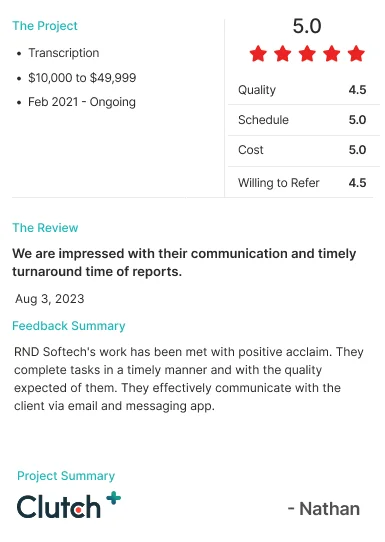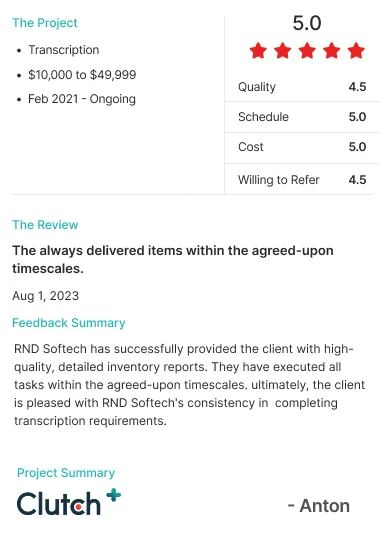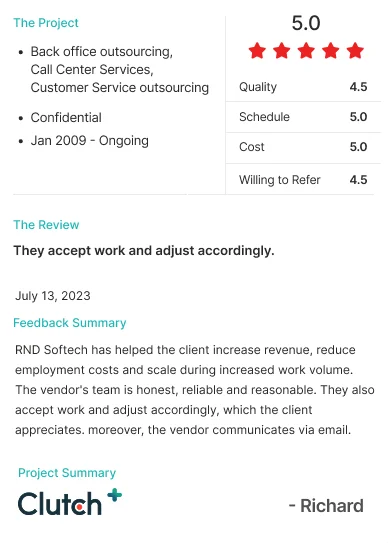FREQUENTLY
Asked Questions
The business world is being flattened by economics, technology, demographics, and regulations. To win in this flattening world, companies must transform their way of working to seek and convert new opportunities wherever those opportunities may be. This means acquiring the ability to disaggregate your operations, people, and resources across time zones, geographies, cultures, and sourcing and delivering.















.webp)
